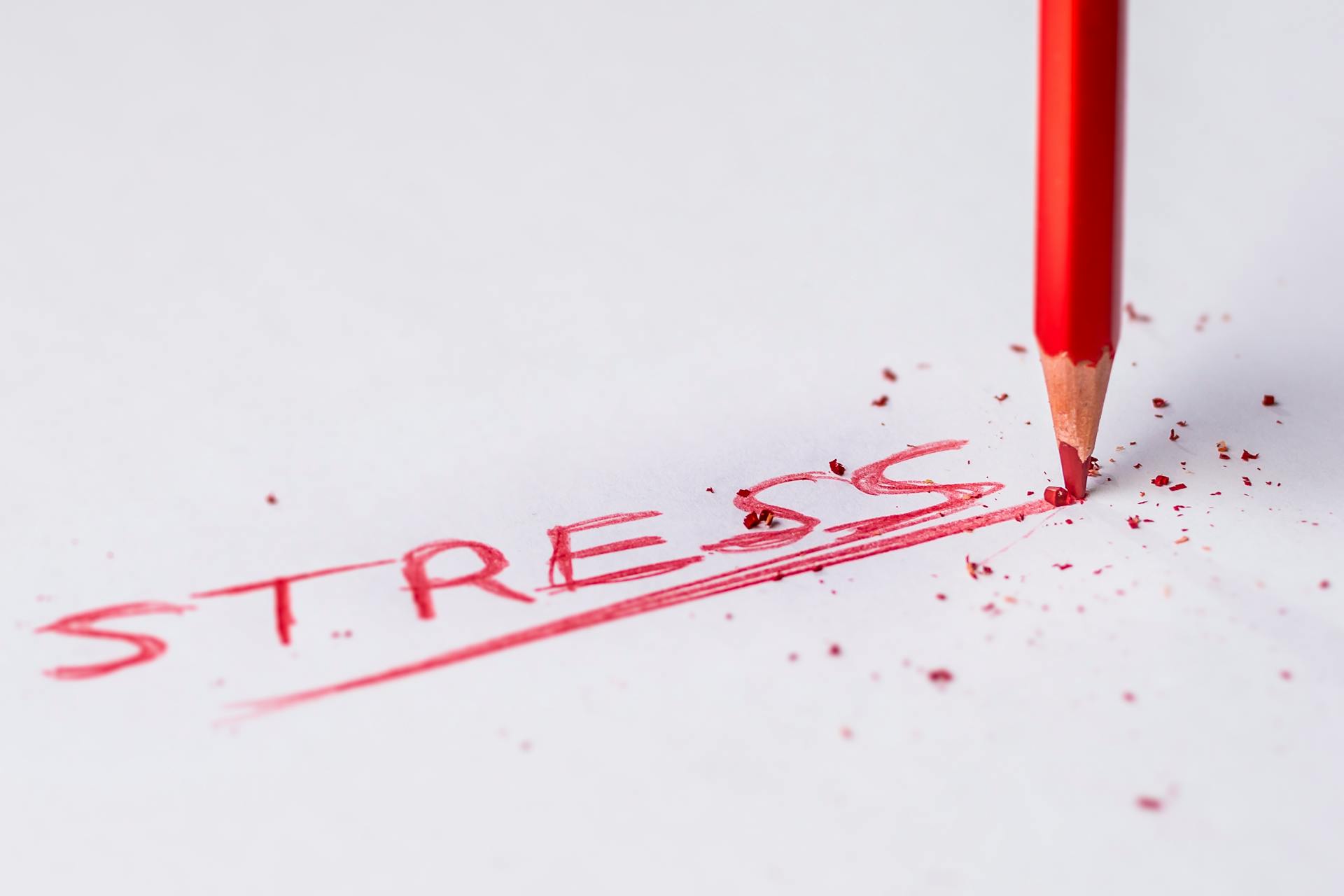
Understanding the Silent Enemy: How Chronic Stress Impacts Your Health
In the fast-paced world we live in, stress has become an inevitable part of our daily lives. Whether it’s the pressure of meeting deadlines at work, juggling familial responsibilities, or navigating through personal challenges, stress has a way of creeping into every aspect of our existence. While experiencing stress occasionally is a natural response of the body to demanding situations, chronic stress, if left unchecked, can wreak havoc on our health and well-being.
Unveiling Chronic Stress
Chronic stress is not just a fleeting feeling of anxiety or pressure; it’s a persistent and prolonged state of heightened stress that can persist over weeks, months, or even years. Unlike acute stress, which is short-lived and manageable, chronic stress keeps the body’s stress response system constantly activated, leading to a cascade of physiological and psychological effects.
The Telltale Signs
Identifying chronic stress can be tricky since many individuals become accustomed to its presence, considering it a normal part of life. However, there are telltale signs that indicate chronic stress might be silently taking its toll:
- Physical Symptoms: Aches, pains, headaches, gastrointestinal issues, and frequent illnesses.
- Emotional and Mental Symptoms: Irritability, anxiety, mood swings, difficulty concentrating, and feelings of helplessness.
- Behavioral Changes: Disrupted sleep patterns, unhealthy coping mechanisms like excessive alcohol consumption, and neglecting self-care activities.
The Root Causes
Chronic stress can stem from various sources, including:
- Emotional Stress: Dealing with intense emotions such as anger, sadness, or frustration.
- Environmental Stress: Living or working in environments that induce stress, such as noisy neighborhoods or demanding workplaces.
- Relationship Stress: Strained relationships with family, friends, or colleagues.
- Work Stress: Pressures and challenges associated with one’s job, including tight deadlines, excessive workload, or conflicts with coworkers.
The Ripple Effect on Health
The impact of chronic stress extends far beyond mere feelings of tension and unease. It can significantly affect our physical health, potentially leading to serious conditions such as heart disease, high blood pressure, diabetes, and autoimmune disorders. Moreover, chronic stress can exacerbate existing health issues and weaken the body’s immune system, making individuals more susceptible to infections and illnesses.

Photo by Roger Brown
Breaking the Cycle
Addressing chronic stress requires a multifaceted approach aimed at both managing its symptoms and tackling its underlying causes. Some effective strategies include:
- Psychotherapy: Engaging in therapy, particularly cognitive behavioral therapy (CBT) or mindfulness-based stress reduction (MBSR), can equip individuals with coping mechanisms to navigate stress more effectively.
- Medication: In some cases, medications may be prescribed to alleviate symptoms such as anxiety, depression, or sleep disturbances.
- Self-Help Techniques: Adopting healthy lifestyle habits like regular exercise, mindfulness practices, adequate sleep, and maintaining a balanced diet can bolster resilience against stress and promote overall well-being.
- Seeking Support: Don’t hesitate to reach out to friends, family, or healthcare professionals for support and guidance in managing chronic stress.
Conclusion
Chronic stress is a silent yet formidable adversary that can undermine our health and quality of life if left unchecked. By recognizing its signs, understanding its impact, and implementing effective coping strategies, we can regain control over our well-being and cultivate resilience in the face of life’s challenges. Remember, prioritizing self-care and seeking support are essential steps on the journey toward a healthier, stress-resilient life.
DISCLAIMER
All information presented herein serves as a general guideline, and is not intended as dispensing any medical advice(s). User(s) should consult their doctor to seek further clarification for any doubt. It is recommended to refer to this guide with sole discretion, thereby we shall not be held responsible for any part of the information as presented.
REimagined Healthcare with BUZUD Care Experience at:
585 North Bridge Road, #01-02 Raffles Hospital, Singapore 188770
Call: +65 6518 9959 or Email: customercare@BUZUD.com
No Comments
Leave a Reply
You must be logged in to post a comment.
